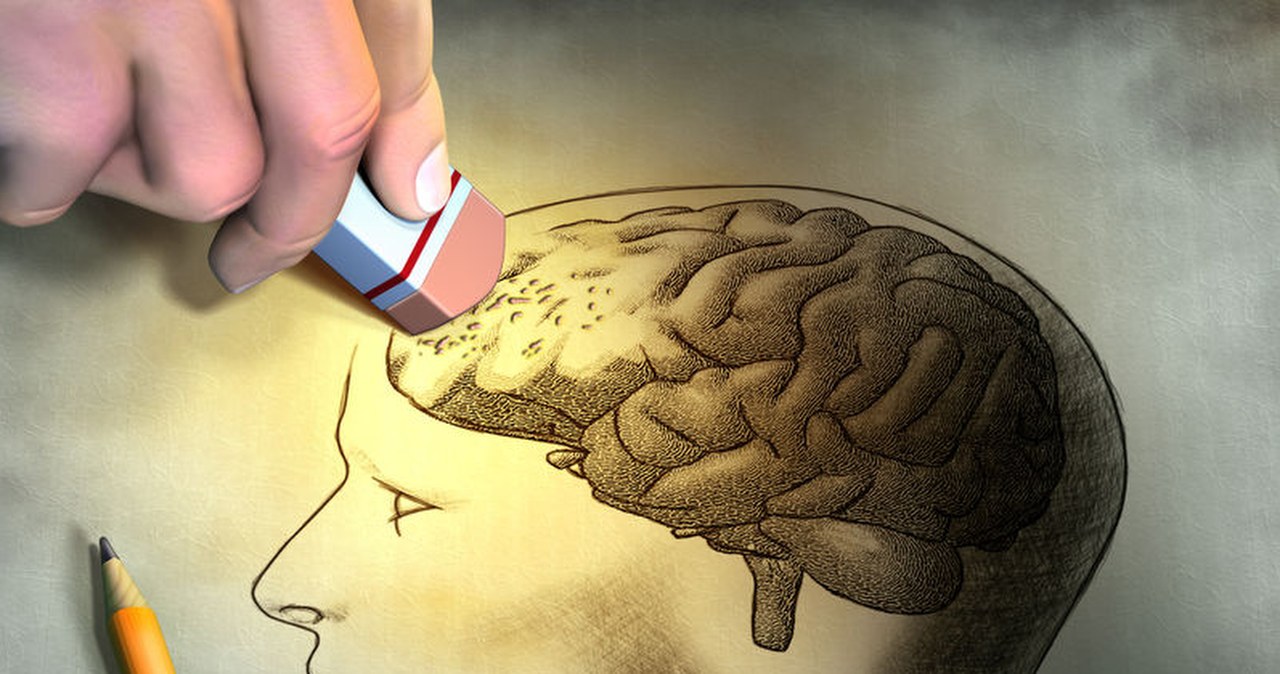People who start using cannabis to treat pain, anxiety or depression face a significantly higher risk of developing paranoia than those who use it recreationally. The largest study of its kind found that self-medicating cannabis users also consume far more THC, the psychoactive component that drives the drug's effects.
The research, conducted by King's College London, analysed responses from 3,389 current and former cannabis users over 18 from the London area. All participants had no history of clinical psychosis, making the findings particularly relevant for understanding cannabis risks in the general population.
Those who reported starting cannabis use to self-medicate illness or minor psychotic symptoms scored highest for paranoia. Users who began taking cannabis "for fun" or out of curiosity recorded the lowest paranoia scores.
Higher consumption among self-medicators
The study revealed striking differences in cannabis consumption patterns between user groups. The average participant consumed 206 THC units weekly, equivalent to between 10 and 17 joints per week.
However, those who started using cannabis for anxiety consumed 248 units weekly on average. Depression self-medicators used 254.7 units, while those influenced by family members reached 286.9 units weekly.
Prof Marta Di Forti from King's College London said: "Cannabis used for self medication is associated with a greater average consumption of THC, increased anxiety, depression and paranoia, and the reason why people first use cannabis might become an effective, and certainly a very inexpensive and easy tool, to identify cannabis users who might require monitoring, support, or even referral to intervention."
Warning against medicinal cannabis expansion
Prof Sir Robin Murray from King's College London challenged assumptions about cannabis safety, saying: "I think lots of people who now know that cannabis can cause psychosis, they say 'these people are not like me' - that's not true."
He explained: "What we can show in this study is that the effect of cannabis is a bit like the effect of alcohol or the effect of food, that it's a dimension. So the more you take, the more problems you get into."
Murray warned against the growth of private cannabis clinics: "And contrary to what it says on the internet, cannabis is not medicinal. We now have 40 private clinics up and down the UK dishing out cannabis supposedly as a treatment, and the things that they are giving it for are pain, anxiety and depression, predominantly. And these are the things that we find are related to people getting into trouble and becoming more paranoid."
Childhood trauma compounds risks
A separate analysis of the same survey data found that 52% of respondents reported some form of childhood trauma. Those who experienced physical and emotional abuse had paranoia scores around 35-40% higher than other users.
Victims of childhood sexual abuse consumed the most THC on average, followed by those who suffered physical and emotional abuse. Dr Giulia Trotta, a consultant psychiatrist at King's College London, explained: "Childhood trauma doesn't just increase paranoia, but it also predicts heavier cannabis consumption. And if trauma is the main driver of paranoia, cannabis makes it worse."
The findings suggest trauma survivors may be particularly vulnerable to cannabis effects. Dr Trotta noted: "Cannabis doesn't just increase paranoia risk for everyone, it has a bigger effect for someone with a history of emotional abuse and household discord. And this explains why some people with trauma may be more vulnerable to the effect of cannabis and others may not be as affected by cannabis use."
Limited NHS access drives private market
Cannabis remains a class B drug in the UK, illegal to possess, grow, distribute or sell recreationally. The NHS only prescribes medicinal cannabis for select conditions including rare childhood epilepsy, multiple sclerosis muscle spasms, and chemotherapy-induced nausea.
Yet 40 private clinics across the UK now offer cannabis for conditions including chronic pain and mental health problems. The research suggests these are precisely the conditions that increase paranoia risk among cannabis users.
Sources used: "PA Media", "Independent", "Evening Standard" Note: This article has been edited with the help of Artificial Intelligence.

 1 miesiąc temu
1 miesiąc temu
















 English (US) ·
English (US) ·  Polish (PL) ·
Polish (PL) ·  Russian (RU) ·
Russian (RU) ·